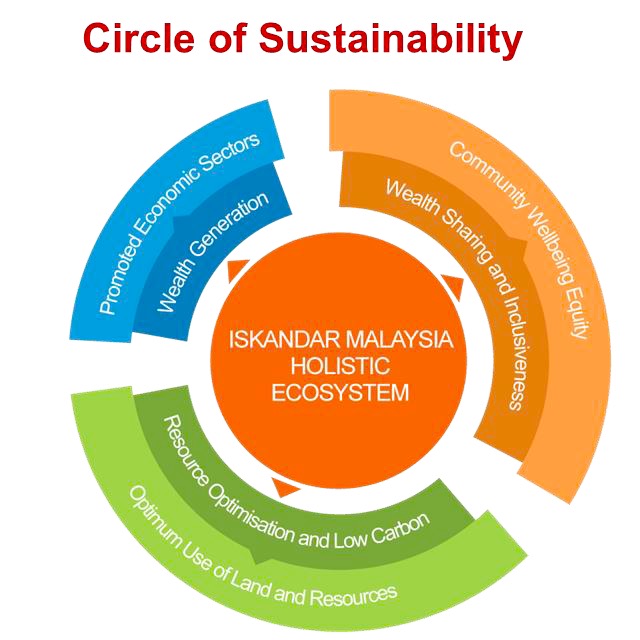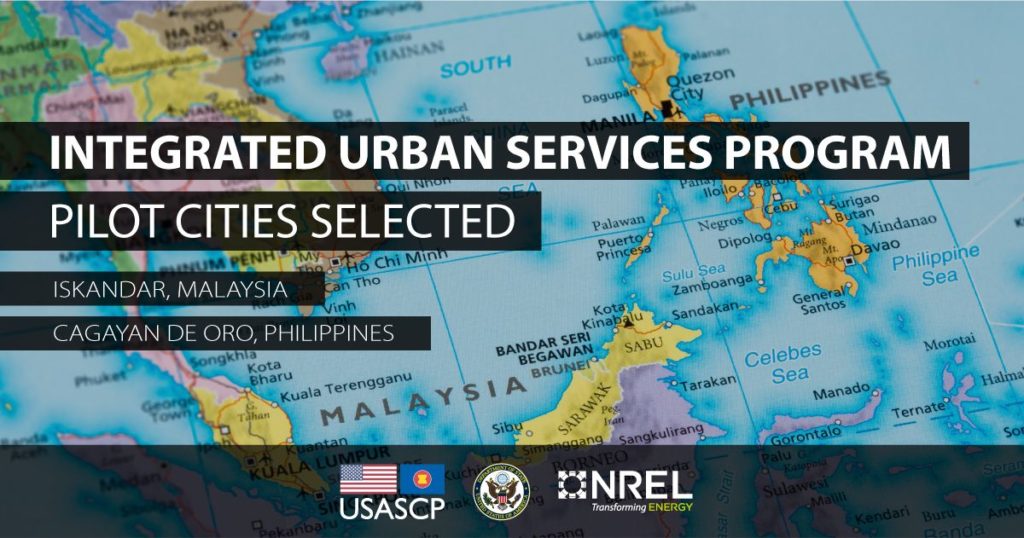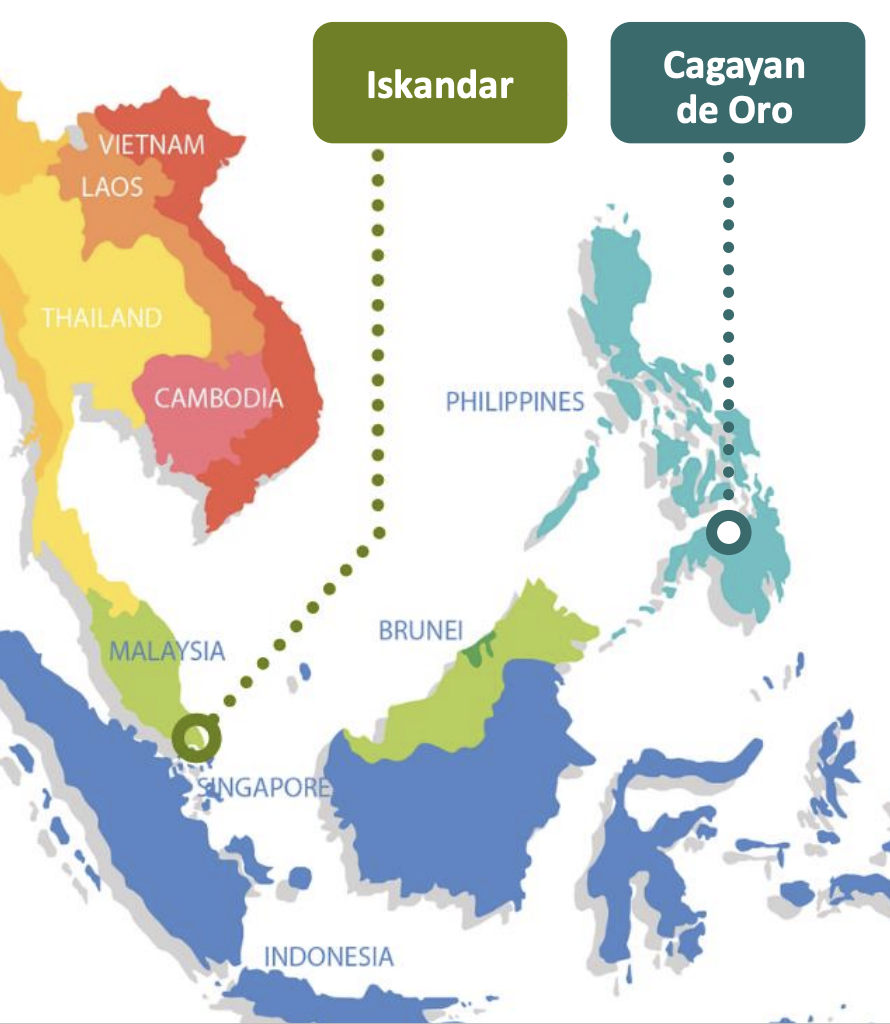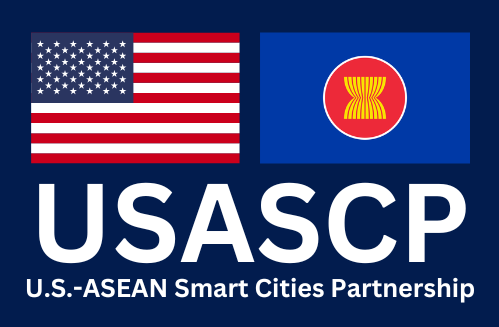ASEAN cities are experiencing some of the fastest rates of urbanization in the world, creating new demands and stresses on EWF systems. Many cities in the ASEAN region struggle to provide adequate drinking water, sanitation, waste management, flood control, electricity, and food security while demand for these basic services from industry and residents increases. Such challenges drive the need for urban planners and operators, service users, and cross-scale/cross-sector actors to rethink, reimagine, and redesign the infrastructure of urban environments with a renewed focus on affordability, reliability, resilience, and health.
Funded by the U.S. State Department and led by NREL, the Integrated Urban Services (IUS) program aimed to advance resource recovery and reuse within urban systems. Launched in January 2021, this 3-year project educated stakeholders on circular economy approaches to enhance resource recovery and on opportunities to develop integrated models of basic urban services and food provision. IUS provided technical assistance to two ASEAN cities aiding them in implementing circular, regenerative EWF system pilot projects and engaged the private sector to promote sustainable market-based approaches in support of pilot project implementation. IUS worked with local city leaders, the private sector, financial institutions, and other stakeholders to identify, design, and implement more integrated models of basic urban service provision. In doing so, the program produced sustainably secure energy, water, food (EWF), and other services in a resource-efficient, environmentally-friendly manner.

Program objectives included helping select cities engage and obtain the support of private sector partners in the development and implementation of technologies, along with other solutions, bringing the proposed projects as close as possible to implementation during the project’s period of performance. The incorporation of market-based approaches, business plans, and peer learning helped create the enabling environment necessary to attract public and private investment. The dissemination of lessons learned from the pilot project fostered increased understanding and public-private engagement for integrated systems design and development across the ASEAN region.

The IUS program used a three-pronged approach that engaged the private sector to work with two select US-ASEAN Smart Cities Program (USASCP) cities. IUS selected Iskandar, Malaysia and Cagayan de Oro, Philippines as participants in a pilot effort to increase their EWF system security, resilience through stakeholder consultations, private sector engagement, capacity building, and technical assistance to catalyze EWF project implementation, and peer learning and capacity building to benefit ASEAN Smart Cities more broadly.

Points of Contact
- Jennifer Daw, National Renewable Energy Laboratory (NREL) Senior Researcher
- Helen Santiago Fink, U.S.-ASEAN Smart Cities Partnership (USASCP) Program Manager
 U.S.-ASEAN Smart Cities Partnership
U.S.-ASEAN Smart Cities Partnership

